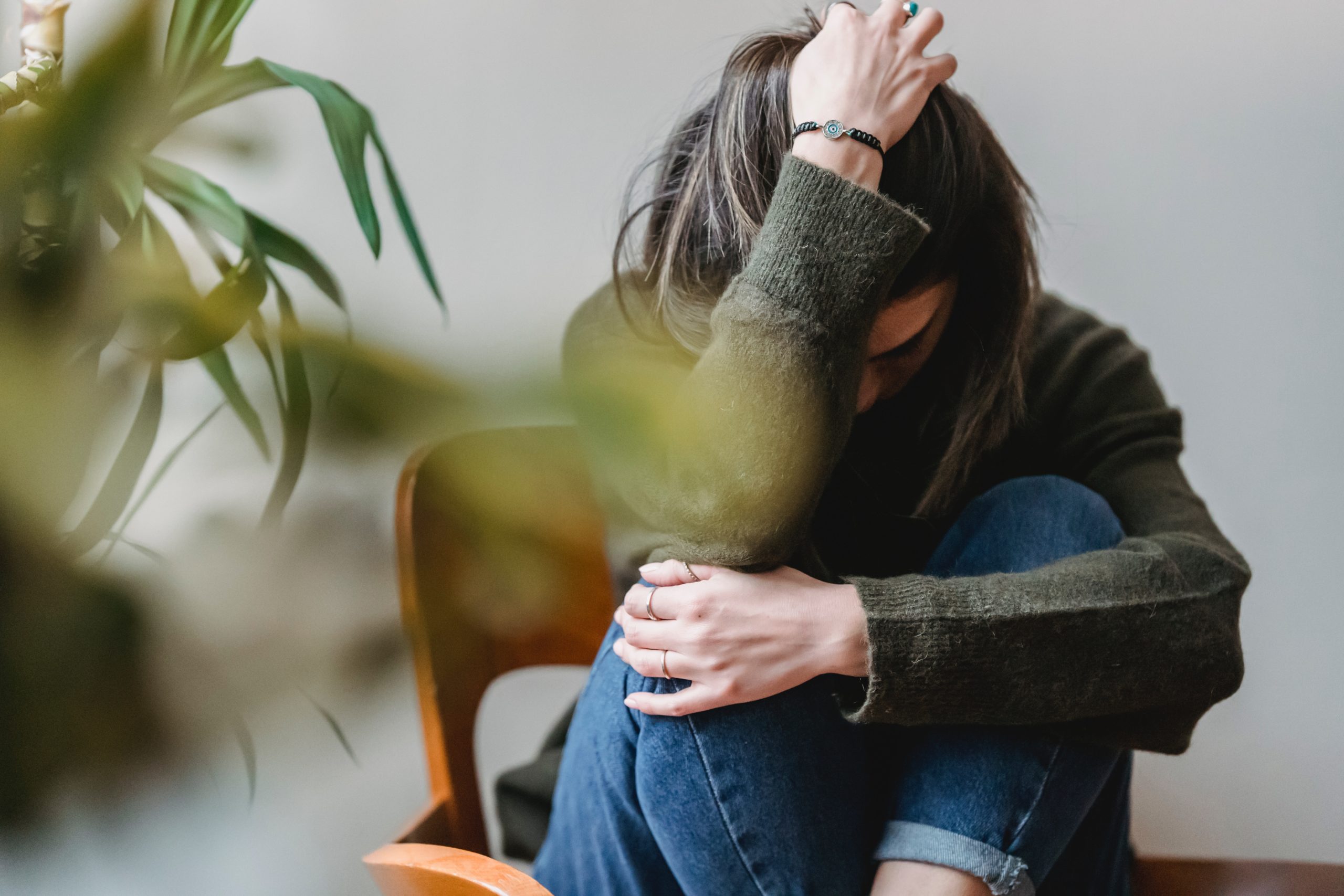Mania and depression episodes are two different conditions with conflicting symptoms. Each condition is diagnosed and treated/managed differently. To understand their differences, you must understand both situations.
What is Mania?
Mania, also known as a manic episode, is a distinct period involving abnormally elevated, ecstatic, and irritable moods usually accompanied by goal-oriented energy. The period lasts for a week, happening most of the day almost daily. Generally, a manic episode indicates a sort of mental disorder.
Mania Symptoms
For a situation to be identified as mania, a person must experience the following symptoms significantly and show a real change from usual behavior;
- An increased self-esteem
- Decreased need for sleep and rest
- Racing thoughts
- Increased speech volume and speed
- Easily distracted
- Increased goal-oriented activities
- Sexual indecencies
- Involvement with high-risk activities.
If you or a loved one experiences at least four of the above symptoms, and they are not induced by medication or substances, you are experiencing mania.
About 75% of people experiencing a manic episode also experience delusions of grandeur. Individuals tend to believe they are unique and special, sometimes thinking they are superhuman or are chosen by God to achieve a particular purpose.
The irritable mood usually increases with the episode’s duration and gets more severe when a goal-oriented activity is distracted.
Causes And Treatment
The typical cause of mania is an underlying mental issue and chemical imbalances in the brain. Triggers of a maniac attack are;
- Stimulating environments such as large crowds and noises
- A significant change in one’s life, such as a job loss or divorce.
- Deprivation of sleep.
People with family members who experience manic episodes are more likely to suffer it themselves.
Mania can is treatable through antipsychotic drugs and mood stabilizers such as lithium. Talk therapy has also proven effective.
What are Depression Episodes?
A depression episode is a period where someone experiences low energy and a feeling of hopelessness for at least two weeks.
Symptoms Of a Depression Episode
These signs and symptoms generally accompany depression episodes;
- Little to no sleep or too much sleep
- Lack of appetite or overeating
- A sense of worthlessness
- Poor concentration
- Feeling guilty
- Suicidal thoughts
Depression typically takes the energy out of an individual, driving them to want to be alone and do nothing. Depression comes in many forms for different people.
Causes and Treatment of Depression Episodes
The leading causes of depression episodes can be categorized as follows;
- Adjustment disorders- A depression episode can be triggered by a change in your life. Examples include the loss of a job, having a baby, or moving to a new location where you are lonely. Most people would react normally and be momentarily sad, but such events may trigger some people to fall into a depression episode.
- Bereavement- losing a loved one can often trigger a depression episode.
- Major depression disorder – People with chronic or persistent depression will experience depression episodes out of the blue. They could be happy for one minute, then get overwhelmed by a depression episode out of the blue.
Depression episodes are treated through psychotherapy and anti-depressant medication.
Depression episodes and mania are mental conditions that can significantly affect the lives of people with the illness and those around them. Visit the psychiatrist and psychological specialty website to learn more about mental illness.


